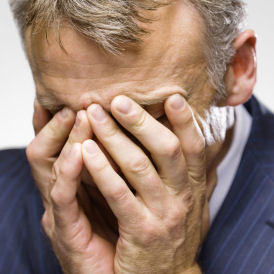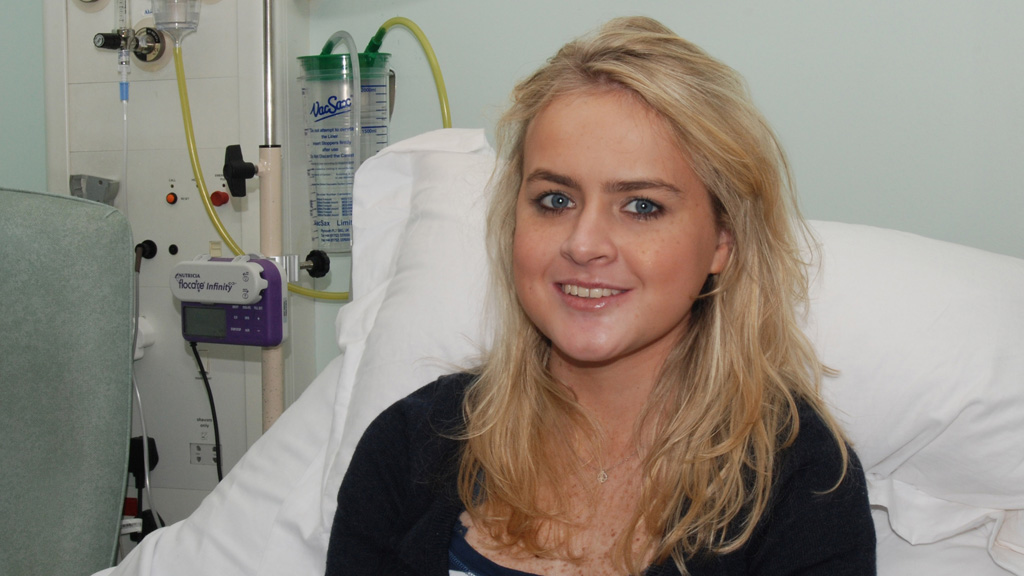Depression link to childhood abuse
People who are abused as children are twice as likely to suffer from depression and less likely to respond successfully to treatment according to a scientific analysis.

A review published in the American Journal of Psychiatry examined data from 26 separate studies involving more than 23,000 participants.
It revealed that people maltreated in childhood are twice as likely as those with no history of abuse to develop multiple and long-lasting episodes of depression.
Lead investigator Dr Andrea Danese, from the Institute of Psychiatry at King’s College London, said: “Identifying those at risk of multiple and long-lasting depressive episodes is crucial from a public health perspective.
“The results of our study indicate that childhood maltreatment is associated both with an increased risk of developing recurrent and persistent episodes of depression, and with an increased risk of responding poorly to treatment.
“Therefore, prevention and early therapeutic interventions targeting childhood maltreatment could prove vital in helping prevent the major health burden owing to depression.
Read more: 50,000 NHS job cuts hit mental health services
“Knowing that individuals with a history of maltreatment won’t respond as well to treatment may also be valuable for clinicians in determining patients’ prognosis.”
One in 10 children worldwide is exposed to maltreatment including psychological, physical or sexual abuse or neglect.
Previous research has shown that abused individuals are prone to abnormalities in biological systems sensitive to psychological stress both in childhood and adult life.
These may include the brain and hormonal and immune systems.
Our study has shown that anti-depressant medication, psychological treatment and the combination of the two are less effective in those who have a history of childhood maltreatment. Dr Rudolf Uher
Dr Danese added: “The biological abnormalities associated with childhood maltreatment could potentially explain why individuals with a history of maltreatment were found to be more likely than non-maltreated individuals to respond poorly to treatment for depression.”
Co-author Dr Rudolf Uher, also from the Institute of Psychiatry, said: “Our study has shown that anti-depressant medication, psychological treatment and the combination of the two are less effective in those who have a history of childhood maltreatment.
“Whilst we still do not know exactly what type of treatment may improve the care of maltreated individuals, it may be that new treatments based on the biological vulnerabilities associated with childhood maltreatment could prove an exciting avenue for research.”
More health stories
-

Children aged five treated for ‘eating disorders’
01 August 2011
-

Tall people ‘at greater risk of cancer’
21 July 2011
-

Double lung transplant breaks new medical ground
17 June 2011







